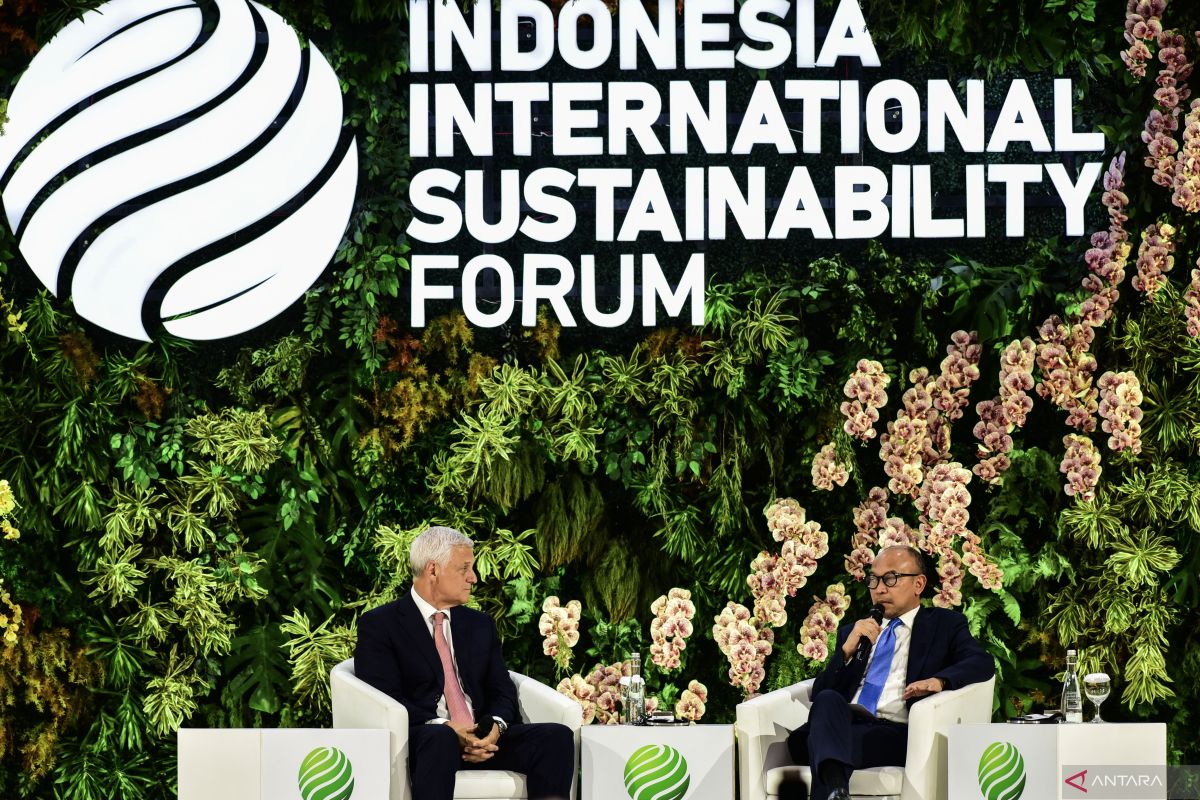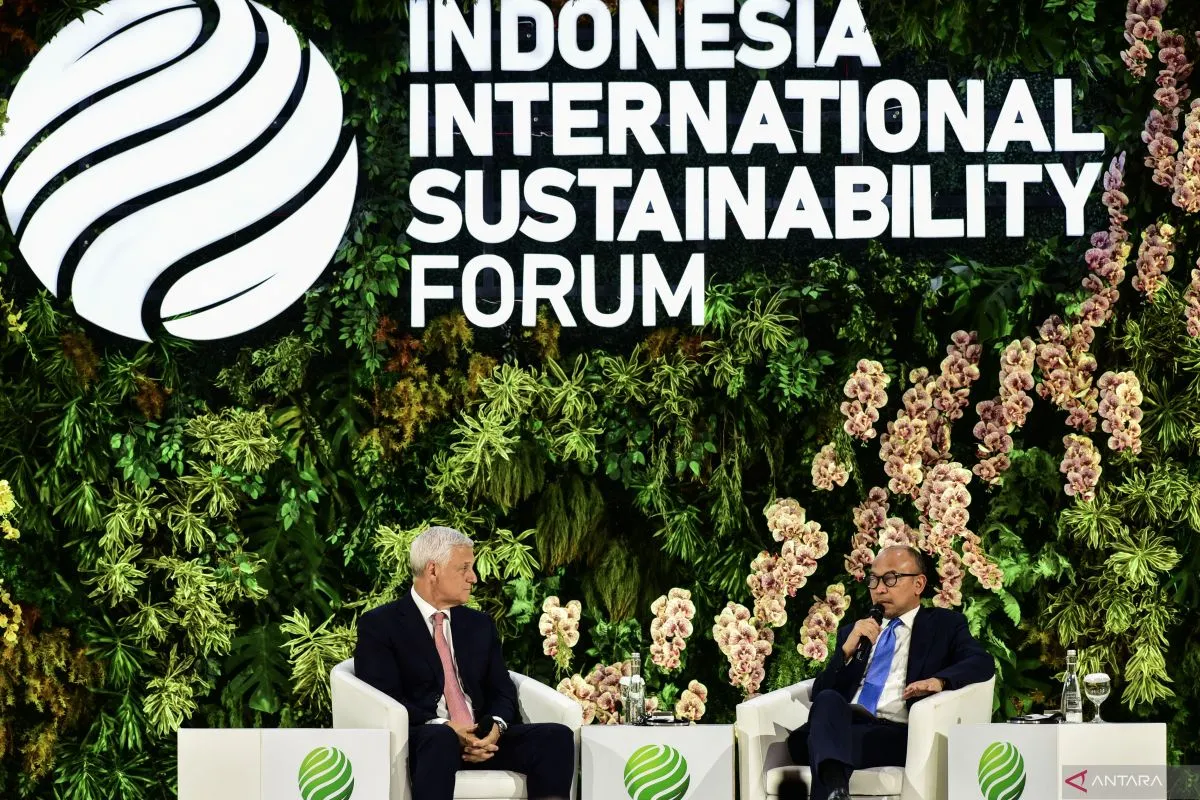Jakarta (ANTARA) - "Energy transition should be considered and seen as the growth story for Indonesia," she said. "We will continue formulating the right policies to implement Indonesia's energy transition."
She noted that in recent years, Indonesia has issued several fiscal policy instruments, including green bonds and blue bonds, in both domestic and global markets.
These instruments are designed to secure funding from investors for environmentally friendly projects, such as renewable energy development and sustainable forest management.
Indrawati also underscored that Indonesia is one of the pioneers among developing nations in using fiscal instruments to fund green projects.
The policy is expected to attract greater investment from both domestic and global private sectors into green projects in Indonesia.
However, the biggest challenge Indonesia currently faces is mobilizing sufficient resources to meet the ambitious target of slashing carbon emissions.
Indonesia aims to achieve net zero emissions (NZE) by 2060 and has committed to reducing carbon emissions by 31.89 percent through its own efforts and up to 43.2 percent with international support.
Furthermore, the Indonesian government has launched the Just Energy Transition Partnership platform. Although its implementation is still in the initial stage, the government is continuing to monitor its progress and existing challenges.
Baca juga: Looking forward to Indonesia's solar future
Baca juga: Energy transition can advance industrial efficiency: ministry
According to Indrawati, setting consistent carbon pricing is crucial to creating incentives for the private sector to support efforts to cut emissions.
These steps are expected to not only accelerate Indonesia's energy transition but also open up greater opportunities for inclusive and sustainable economic growth.
She added that with supportive fiscal policies and strong commitment from various parties, Indonesia has the potential to become a global leader in green project financing.
"Indonesia will continue this important role because we are not only aware that the threat from climate change is real but also understand that climate change is a global problem," she said.
She noted that in recent years, Indonesia has issued several fiscal policy instruments, including green bonds and blue bonds, in both domestic and global markets.
These instruments are designed to secure funding from investors for environmentally friendly projects, such as renewable energy development and sustainable forest management.
Indrawati also underscored that Indonesia is one of the pioneers among developing nations in using fiscal instruments to fund green projects.
The policy is expected to attract greater investment from both domestic and global private sectors into green projects in Indonesia.
However, the biggest challenge Indonesia currently faces is mobilizing sufficient resources to meet the ambitious target of slashing carbon emissions.
Indonesia aims to achieve net zero emissions (NZE) by 2060 and has committed to reducing carbon emissions by 31.89 percent through its own efforts and up to 43.2 percent with international support.
Furthermore, the Indonesian government has launched the Just Energy Transition Partnership platform. Although its implementation is still in the initial stage, the government is continuing to monitor its progress and existing challenges.
Baca juga: Looking forward to Indonesia's solar future
Baca juga: Energy transition can advance industrial efficiency: ministry
According to Indrawati, setting consistent carbon pricing is crucial to creating incentives for the private sector to support efforts to cut emissions.
These steps are expected to not only accelerate Indonesia's energy transition but also open up greater opportunities for inclusive and sustainable economic growth.
She added that with supportive fiscal policies and strong commitment from various parties, Indonesia has the potential to become a global leader in green project financing.
"Indonesia will continue this important role because we are not only aware that the threat from climate change is real but also understand that climate change is a global problem," she said.


